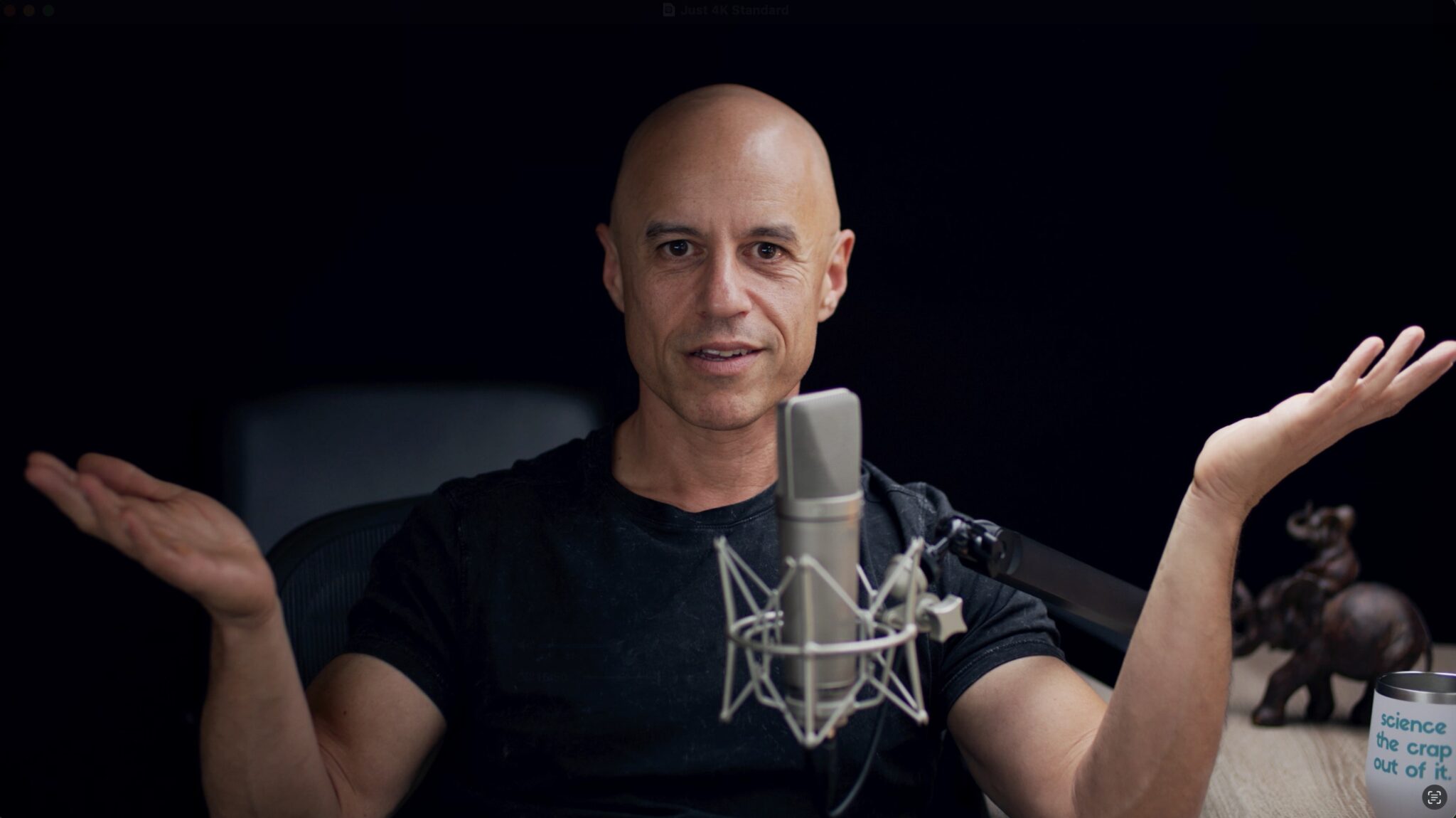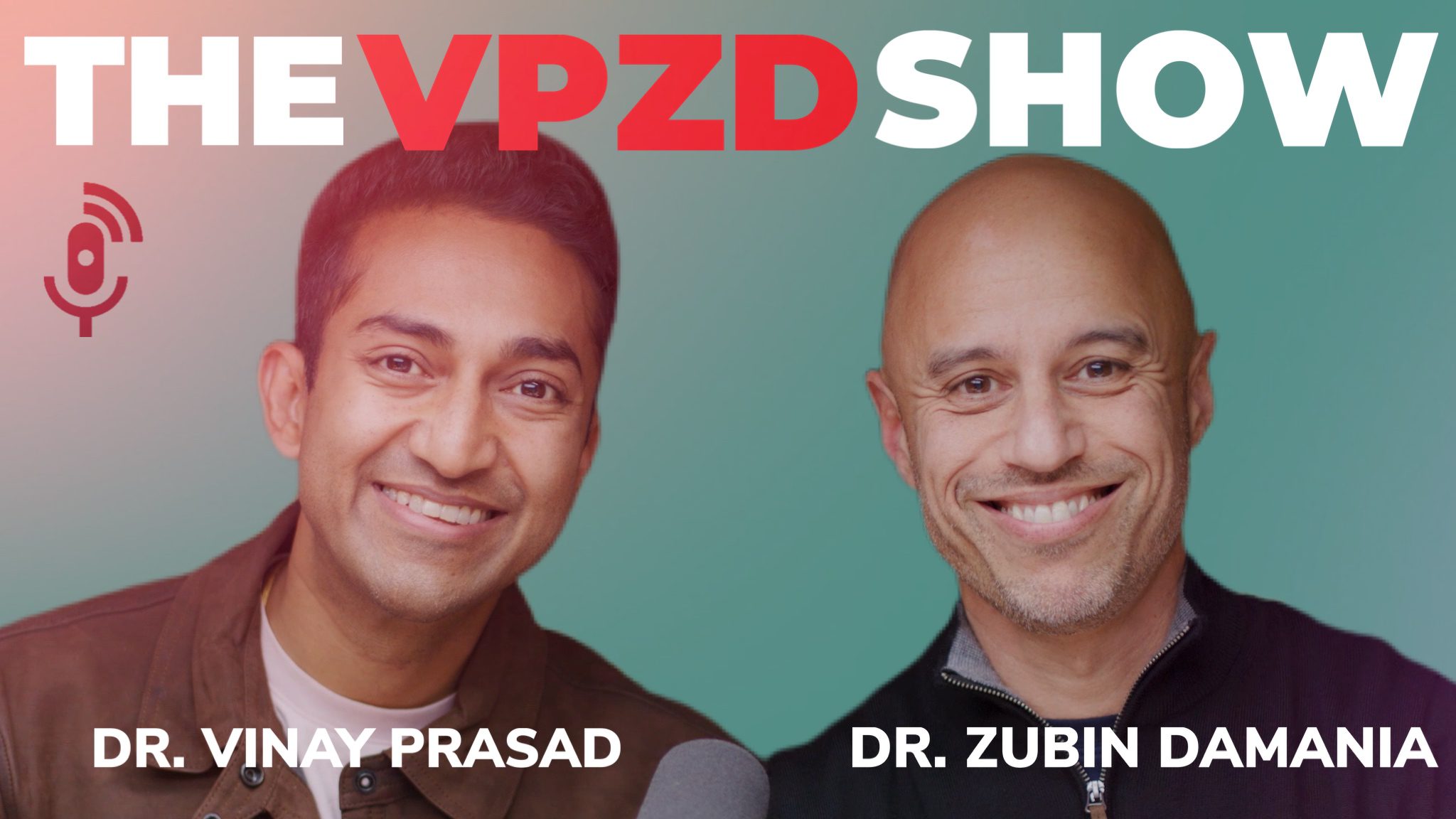We spend our entire lives pretending to be something we think we really are—until one day the mask slips.
In this live Facebook conversation we explore what happens when identity unravels, how negative self-talk might simply vanish, and how the body keeps the score even when the mind lets go. From Shakespeare’s stage to the Bahiya Sutta, from catastrophic thinking to kundalini energy, we examine the deepest taboo in the human collective: that we might not be what we think we are. ALSO: f**k Halloween! 😭🎃
The Halloween Costume We Never Take Off: Living Behind the Mask
Reflections on identity, suffering, and what remains when the costume falls away
October 1st arrives with an ironic twist—I love the month, but HATE Halloween. Not because I don’t love candy and TP-ing mean neighbors’ houses, but because of what the holiday itself represents: the discomfort of pretending to be something you’re not while everyone “outside” judges your costume.
But here’s the existential punch line: we always wearing a costume, and few of us will ever take it off.
The Play We Forget We’re Playing
We spend our entire lives play-acting—pretending to be a doctor, a nurse, an accountant, a trauma victim, a seeker. We put on our masks every morning and convince ourselves this character is who we actually are. The great difficulty of the human condition isn’t that we’re playing a role; it’s that we forget it’s a play.
Shakespeare understood this when he wrote “All the world’s a stage, and all the men and women merely players.” Birth and death are entrances and exits. The roles we play throughout life are just that—roles. But who’s the actor? That’s where it gets interesting.
When you look for the actor behind the character, you can’t find one. There’s no director, no one pulling strings. There’s only the play itself, self-aware, self-organizing, mysteriously unfolding. This realization—that there’s no “you” in control—is simultaneously the most terrifying and liberating insight possible.
When Identity Starts to Unravel
I spoke with a friend recently who gave up her job of 20+ years after this awakening process unraveled her identity, her people-pleasing patterns, all the conditioning baked into her from a lifetime of trauma, societal pressure, and DNA. It’s really hard because it feels like death. You go through genuine grief as identities you’ve spent decades building simply fall away.
And here’s what makes it harder: everyone in the matrix keeps projecting their story of what you should be, what they thought you were, what role you’re supposed to play. That’s how society works—we’re constantly reinforcing (AND JUDGING) each other’s costumes.
But something shifts when you start really looking. The more you investigate what you actually are in this moment, the harder it becomes to believe in the illusion. And once you see the illusion clearly, you can’t unsee the truth.
The Disappearance You Don’t Notice
My wife and I had a strange realization recently. A family member was talking about their negative self-talk—the constant internal voice saying “I’m a piece of shit, I’m never good enough, I’ll never amount to anything.” We both felt into our own experience and realized: we used to have that. Constantly. And now… we don’t.
Where did it go? When did it leave? We have no idea.
This is the subtle nature of this process—it’s very hard to notice an absence. Presence is easy to see. But when something disappears, especially something as pervasive as negative self-talk, you often don’t notice until someone else mentions theirs.
Here’s what’s even stranger: the positive self-talk disappeared too. There’s no inner cheerleader going “You’re doing great, Z!” There’s no ownership of being good or bad because there’s a realization that the Zubin character is just a constellation of appearance with no one in control. So how can there be ownership of actions?
This doesn’t mean being passive or uncaring. It means actions arise from a place that isn’t calculating worth or seeking validation. When you know what suffering feels like, it’s very hard to go out and consciously hurt someone because you realize there is no “other”—there’s only what’s happening as one unified happening.
The Body Keeps the Score
One critical point: you can talk about non-duality and emptiness and “it’s all just thoughts” until you’re blue in the face, but as it is said: the body keeps the score. When there’s trauma, the body feels it. It is not resourced to drop into some spacious awareness. It’s going to contract, create stories, try to protect itself. And that’s innocent, a conditioned protective mechanism.
This is where practices like yoga, trauma therapy, somatic experiencing become essential. You can’t bypass the body with spiritual concepts. I’ve been doing yoga for almost exactly a year now, and the energetic grounding in the body has been transformative—not to “get” anything, but to be fully present in different poses. That’s it.
The kundalini energy component is real too—that sense of electricity or energetic movement in the body. My wife and I were at Queens Botanical Gardens and watched a woman doing tai chi alone in a meadow. Just watching her induced these currents of energy in my own body. Don’t underestimate the energy practices—they’re another thread of the awakening process, along with the emptiness thread, the love thread, and the psychological conditioning thread.
The Bahiya Sutra: Just This
There’s an ancient Buddhist text called the Bahiya Sutra that captures this perfectly. A monk comes to Buddha desperate for liberation after years of practice. Buddha finally tells him:
“In the seen, there is merely the seen.
In the heard, merely what is heard.
In the sensed, merely the sensed.
And in the thought, merely the thought.
Notice, Bahiya, that there is no you in that.
You’re neither here nor there nor in between.
And that—just that—is the end of suffering.”
Just the phenomena. Nobody watching it, nobody aware of it. The play is self-aware through its mere existence. This makes no sense until it’s experienced as everything everything-ing.
An hour after his realization, Bahiya is killed by a cow protecting her calf. That’s the end of the story. And that’s just how it is.
Two Types of Acceptance
Someone asked about acceptance, and this gets at the heart of it. There are two types:
Mind-based acceptance: “I don’t like that, but I’ll reframe my thinking and accept it anyway.” This is a useful hack that can help tremendously in daily life.
The peace that passes all understanding: At the deepest level, it’s absolutely known by nothing that this couldn’t be any other than it is. There’s no difference between dog shit and a beautiful flower—both are radiant expressions of eternity showing up now. When pushing and pulling arise, even that is seen as the radiance of perfection.
Everything is known at the fundamental level to be okay. Beyond okay—perfect, even in its imperfection. This is a different stratum entirely from mind-based acceptance.
The Catastrophe That Never Happened
I got an email from my payroll company while walking by a lake. My mind immediately spun out: “If I can’t do payroll, how will I do this, who will file the forms, it’s total chaos…” I watched my mind do its thing—the Zubin pattern of looking for danger, trying to stay safe, protecting loved ones. That’s how this character is wired from conditioning.
But here’s the difference: it was never really believed. It happened, was seen by no one, and then just… went. Years ago, I would have ruminated for hours. Now? The problem-solving arose naturally (“I’ll do this later”), but without the sticky suffering attached.
This is years in the making, this much clarity. And it’s still not “perfect” in the relative sense—it’s an ongoing process.
Control Is the Greatest Illusion
Someone beautifully said: “We control nothing but influence everything.” I’d add: we ARE everything, so there’s no need to control. How could it be other than what is perfect?
Both “we have absolute control” and “we never had any control” are true. This paradox is why words always fail when pointing at truth. Don’t use the mind to figure this out—it’s never been right about reality. It’s great for tying your shoes, terrible for understanding what you are.
Gratitude for This Strange Space
It’s a Wednesday afternoon, and 60-100 of us are here talking about the deepest taboos in human consciousness—that we are not what we think we are, that our entire lives might be a dream. And you willingly spend your time here, sharing your experience with each other.
That’s unbelievably beautiful. This co-created space, whatever it is, fills me with gratitude. There’s nothing left to seek because there’s no one seeking. Just this radiant present moment, perfect as it is, including any sense that it’s not perfect.
As Longchenpa said: “Since everything is but an apparition, perfect in being what it is, having nothing to do with good or bad, acceptance or rejection—one may well burst out in laughter.”
That laughter of realization. That laughter of freedom. That laughter of seeing the play as the play.
How could we have done this all our lives—pushed and pulled on reality? Well, that too was part of what was showing up. So forgive that. Let that be part of the love of everything.
And what’s next? And what’s now?









